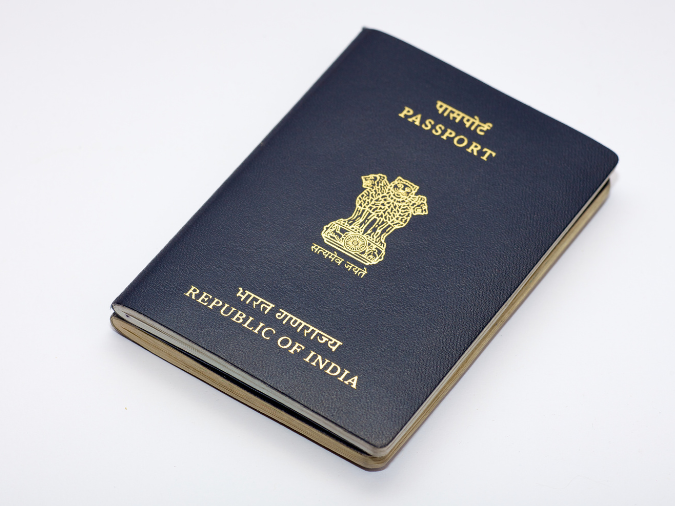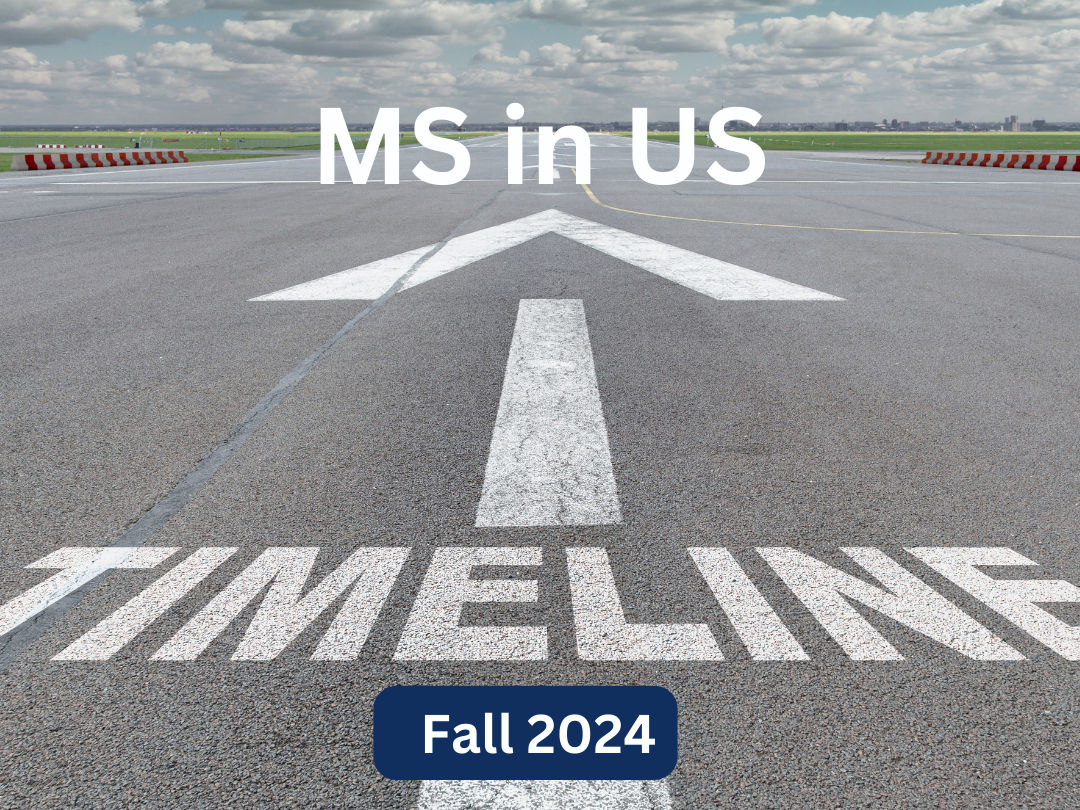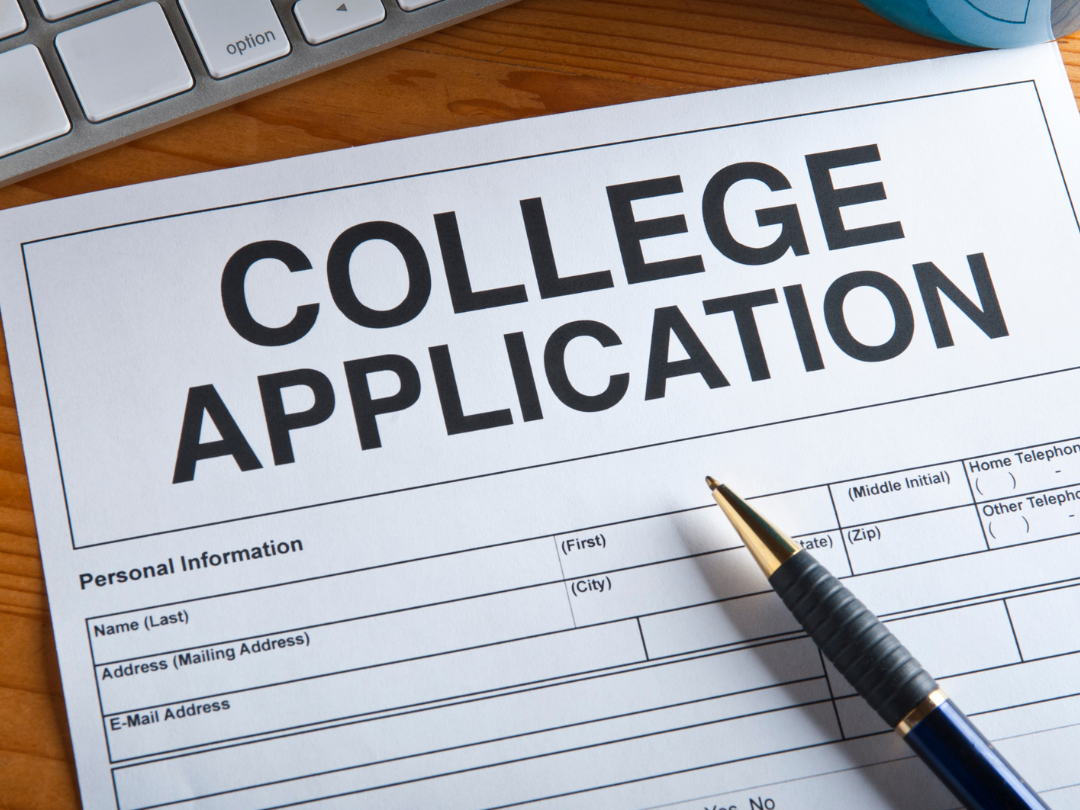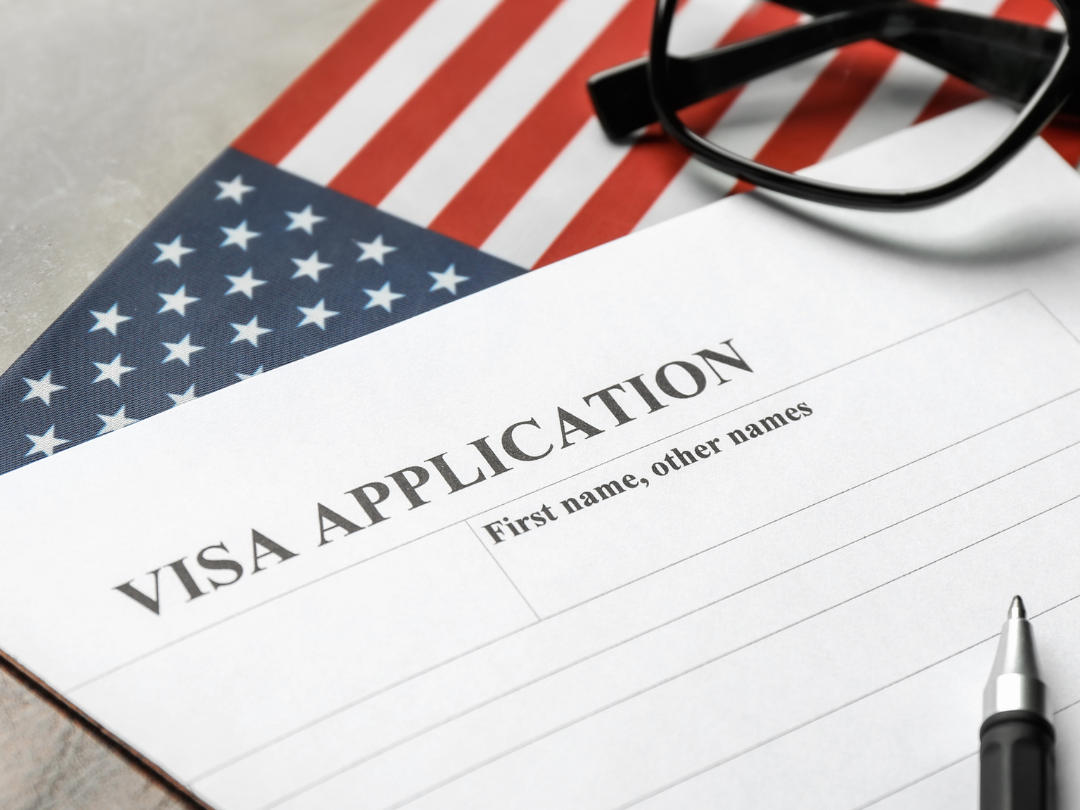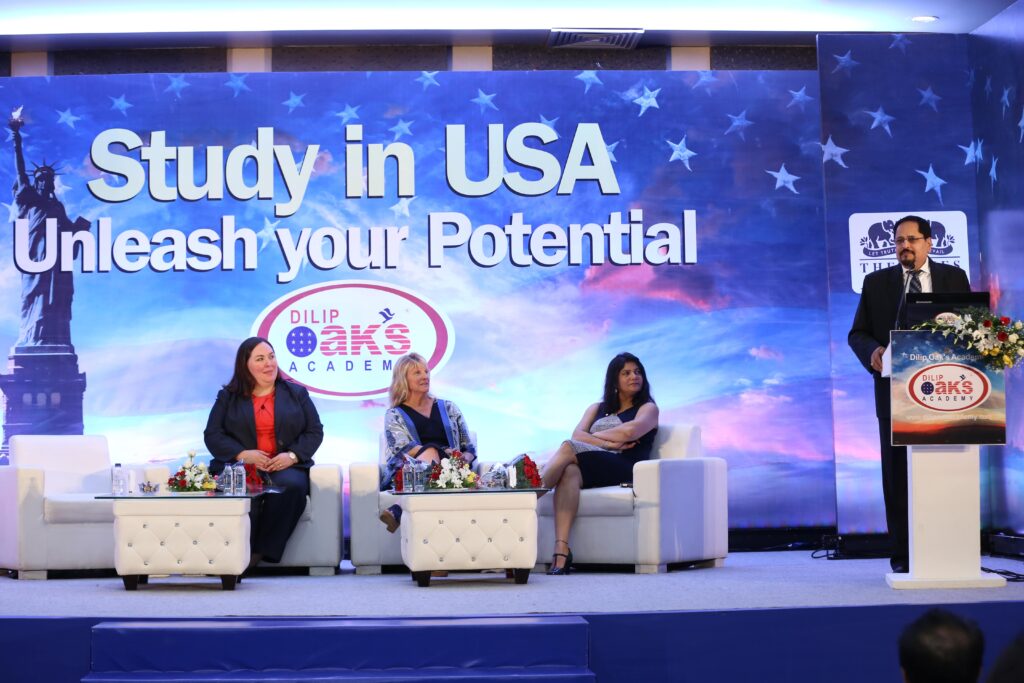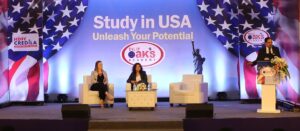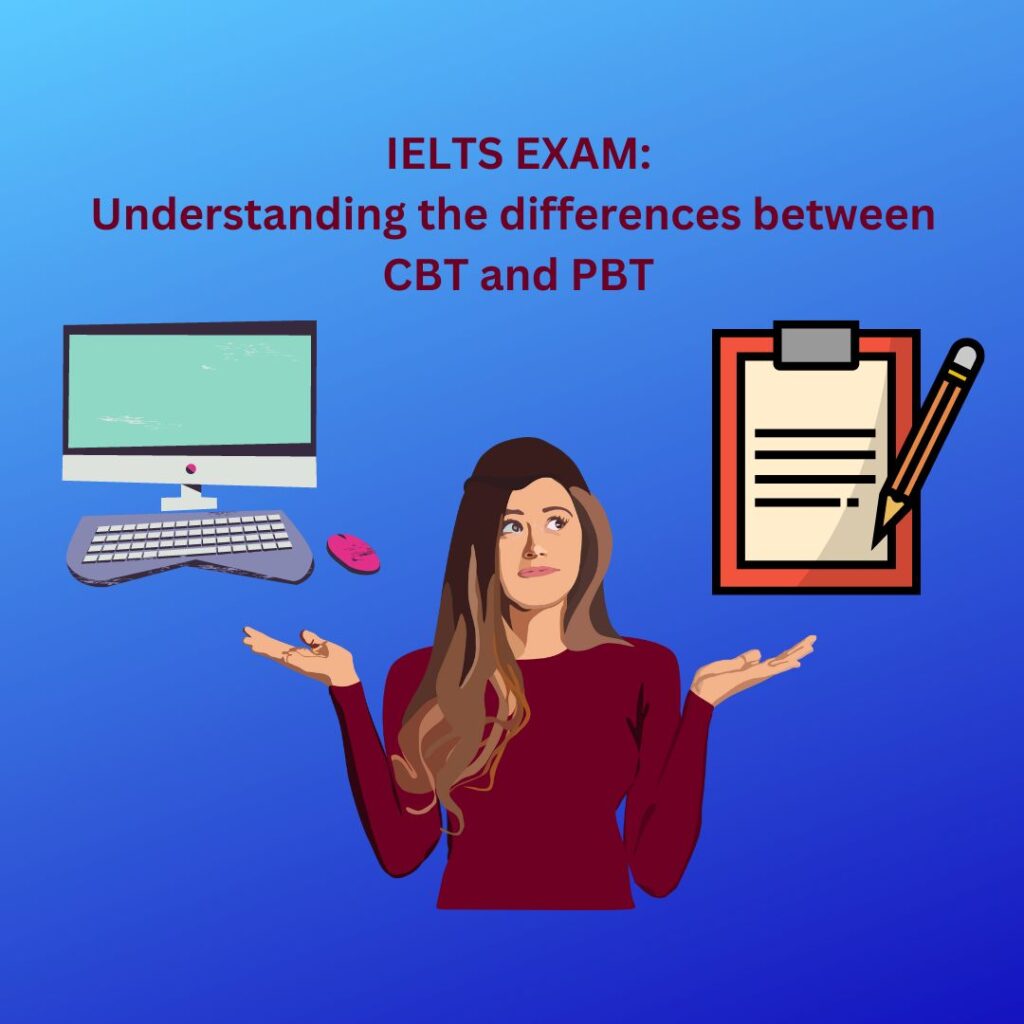Words, Meanings, Sentences:
Click here to view the blog.
- Ablution – (noun) the act of washing oneself, often as a religious ritual. E.g., On Naraka Chaturdashi, people rise at dawn to perform ablutions, signifying personal purification.
- Abode – (noun) places where people live; homes. E.g., Abodes are bejeweled with oil lamps, resplendent rangoli motifs, and fragrant blossoms during Diwali.
- Adaptability – (noun) the quality of being able to adjust to different conditions or circumstances. E.g., Diwali’s diverse regional customs and traditions add to its cultural richness, showcasing the festival’s adaptability and multifaceted nature.
- Adorn – (verb) to decorate or add beauty to something. E.g., Families engage in meticulous cleaning and decorating to adorn their homes with vibrant rangoli patterns.
- Affluence – (noun) great wealth or abundance of resources. E.g., It is regarded as propitious to invest in gold and silver during Dhanteras, believed to usher in auspiciousness and affluence.
- Array – (noun) a large or impressive display or collection of things. E.g., Streets and marketplaces burgeon with an assortment of decorations, a melange of colors, and an array of aromatic delicacies during Diwali.
- Articulation – (noun) the act of expressing or conveying something clearly. E.g., Diwali provides a platform for artistic expression, as people create rangoli patterns and intricate mehndi artwork on their hands, showcasing their artistic articulation.
- Artwork – (noun) creative or artistic pieces, often visual. E.g., Diwali provides a platform for artistic expression, as people engage in creative endeavors like rangoli patterns and mehndi artwork.
- Assortment – (noun) a variety or collection of different types of things. E.g., Streets are filled with an assortment of decorations, a melange of colors, and an array of aromatic delicacies during the Diwali season.
- Auspicious – (adjective) considered to be a sign of good fortune or success. E.g., Dhanteras is regarded as an auspicious day for investing in gold and silver.
- Beacon – (noun) a source of light or inspiration. E.g., Diwali serves as a beacon of light and unity for millions worldwide.
- Bejeweled – (adjective) adorned with jewelry or decorative elements. E.g., Abodes are bejeweled with oil lamps, rangoli motifs, and fragrant blossoms during Diwali.
- Burgeon – (verb) to grow or develop rapidly; to flourish. E.g., Streets and marketplaces burgeon with decorations and aromatic delicacies as the Diwali season approaches.
- Camaraderie – (noun) a spirit of friendship and mutual trust among a group of people. E.g., Families and friends come together to exchange gifts and sweets, igniting a sense of camaraderie and warmth during Diwali.
- Captivate – (verb) to attract and hold the attention or interest of someone. E.g., The mellifluous strains of devotional music and classical ragas often captivate the hearts of devotees during Diwali.
- Charitable – (adjective) relating to the practice of giving aid to those in need, often through donations or acts of kindness. E.g., Diwali also underscores the significance of charitable acts and compassion, as many people dedicate a portion of their earnings to charitable endeavors.
- Cherish – (adjective) deeply loved and valued. E.g., The concluding day of Diwali, Bhai Dooj, celebrates the cherished fraternal and sororal connection.
- Commemoration – (noun) the act of observing or remembering a significant event or person. E.g., Naraka Chaturdashi is a commemoration of Lord Krishna vanquishing the formidable demon Narakasura.
- Communal – (adjective) relating to or involving a community or group of people. E.g., Diwali is a time for communal bonding, transcending barriers of age, caste, and creed.
- Compassion – (noun) a feeling of deep sympathy and sorrow for the suffering of others, often accompanied by a desire to help. E.g., Diwali also underscores the significance of charitable acts and compassion, as many people dedicate a portion of their earnings to charitable endeavors.
- Connotation – (noun) the suggested or implied meaning of a word or expression; the feelings or ideas associated with a word. E.g., As we delve into the intricate details of Diwali’s festivities and its underlying spiritual connotations, we’ll illuminate this enchanting celebration with an array of GRE words.
- Contemplation – (noun) the act of deep thinking or reflection. E.g., Diwali prompts contemplation of the transient nature of life and the pursuit of eternal knowledge.
- Cornucopia – (noun) an abundant supply of something; an overflowing collection or assortment. E.g., The Diwali feast is a cornucopia of flavors and aromas, offering a gastronomic experience that tantalizes the senses.
- Delectable – (adjective) delicious; highly pleasing to the taste or senses. E.g., The Diwali feast is a cornucopia of delectable flavors, including samosas, pakoras, and an array of sweets.
- Delve – (verb) to investigate or research deeply and thoroughly. E.g., As we delve into the intricate details of Diwali’s festivities and its underlying spiritual connotations, we’ll illuminate this enchanting celebration with an array of GRE words.
- Devout – (adjective) deeply religious or devoted to a particular faith or practice. E.g., On this day, devout reverence is extended to Lord Dhanvantari.
- Dispel – (verb) to make something disappear or drive it away. E.g., The act of kindling lamps and candles during Diwali dispels darkness and ignorance, symbolizing the victory of truth over falsehood.
- Don – (verb) to put on or dress in (a particular item of clothing). E.g., As Diwali approaches, people don resplendent garments to symbolize purity and renewal.
- Effulgent – (adjective) shining brightly; radiant. E.g., The night of Diwali is marked by the effulgent burst of fireworks that light up the sky.
- Embellish – (verb) to decorate or enhance with additional details or features. E.g., Families engage in meticulous cleaning and decorating, a ritual known as “shringar,” to embellish their homes with vibrant rangoli patterns.
- Encapsulate – (verb) to express the essential features or ideas of something in a concise or condensed form. E.g., Diwali, with its effulgent rituals and profound symbolism, serves as a beacon of light and unity, encapsulating the enduring spirit of humanity.
- Enchanting – (adjective) captivating and delightful, often with a magical quality. E.g., The enchanting melodies of bhajans and classical compositions during Diwali often captivate the hearts of devotees.
- Endeavor – (noun) concerted efforts or attempts to achieve a goal. E.g., Diwali provides a platform for artistic expression, as people engage in creative endeavors like rangoli patterns and mehndi artwork.
- Enduring – (adjective) lasting or continuing for a long time; persistent. E.g., The concluding day of Diwali, Bhai Dooj, celebrates the cherished fraternal and sororal connection, emphasizing the enduring bonds between siblings.
- Enigmatic – (adjective) mysterious, puzzling, or difficult to understand. E.g., Diwali’s significance is grounded in a plethora of mythological narratives and enigmatic legends, adding depth to its spiritual connotations.
- Erudite – (adjective) having or showing great knowledge or learning. E.g., The Sanskrit concept of “Atman” (the individual soul) and “Brahman” (the universal soul) comes into focus, inspiring introspection and the search for the divine within, even for the most erudite minds.
- Eternal – (adjective) lasting forever; without an end. E.g., Diwali prompts contemplation of the transient nature of life and the pursuit of eternal knowledge.
- Ethereal – (adjective) extremely delicate and light; seemingly not of this world. E.g., The interplay of light and shadow during Diwali casts an ethereal glow on the surroundings, signifying the victory of truth over falsehood.
- Euphoric – (adjective) characterized by an intense feeling of happiness, excitement, or delight. E.g., The Diwali season commences weeks in advance, and people engage in euphoric preparations, adorning their homes with vibrant decorations.
- Exemplify – (verb) to be a typical example of something. E.g., The sense of togetherness during Diwali exemplifies the festival’s universal appeal, transcending barriers of age, caste, and creed.
- Extravagant – (adjective) excessive, elaborate, or beyond what is reasonable or necessary. E.g., The Diwali feast is an extravagant spread, mirroring the festival’s festive and indulgent nature.
- Exuberance – (noun) the quality of being full of energy, excitement, and enthusiasm. E.g., The night of Diwali is marked by the resounding burst of fireworks that light up the sky, representing the celebration’s exuberance.
- Fervor – (noun) intense and passionate enthusiasm or eagerness. E.g., The diverse regional customs and traditions during Diwali add to its cultural richness, showcasing the fervor and devotion of the participants.
- Festoon – (verb) to decorate or adorn with ribbons, garlands, or other ornaments. E.g., An array of decorations, from torans to intricate paper lanterns, festoon homes and public spaces during Diwali.
- Flurry – (noun) a sudden and brief burst or commotion of activity or emotion. E.g., The Diwali season commences weeks in advance as households embark on a flurry of preparations.
- Formidable – (adjective) inspiring fear or respect through being large, powerful, intense, or capable. E.g., Naraka Chaturdashi is a commemoration of Lord Krishna vanquishing the formidable demon Narakasura.
- Fraternal – (adjective) relating to or involving brothers; brotherly. E.g., The concluding day of Diwali, Bhai Dooj, celebrates the fraternal and sororal connection, emphasizing the enduring bonds between siblings.
- Gastronomic – (adjective) relating to the art and science of good eating; culinary. E.g., The Diwali feast is a gastronomic delight, offering a wide variety of delectable dishes to tantalize the senses.
- Grandeur – (noun) splendor and impressiveness, especially of appearance or style. E.g., In West Bengal, the Kali Puja processions are a spectacle of grandeur, exemplifying the fervor and devotion of the participants.
- Humility – (noun) a modest or low view of one’s importance; a lack of arrogance. E.g., Praying and seeking blessings from deities during Diwali invokes a sense of humility, demonstrating that even the most erudite minds have much to learn.
- Illuminate – (verb) to light up; to make something brighter. E.g., Kindling lamps and candles during Diwali illuminates the surroundings and represents the inner illumination with knowledge dispelling ignorance.
- Imploring – (verb) to beg or earnestly request something. E.g., Families unite in special prayers and pujas, imploring blessings for an opulent forthcoming year during Lakshmi Puja.
- Indulgent – (adjective) characterized by an excessive or overly permissive attitude. E.g., The Diwali feast is an extravagant and indulgent spread, offering a wide range of delectable dishes.
- Interplay – (noun) the way in which two or more things have an effect on each other. E.g., The interplay of light and shadow during Diwali represents the victory of truth over falsehood.
- Intricate – (adjective) very detailed and complicated; complex. E.g., The artistic embellishments, from torans to intricate paper lanterns, add to the overall splendor of Diwali.
- Introspection – (noun) the examination or observation of one’s own mental and emotional processes. E.g., Diwali prompts introspection about the transient nature of life and the pursuit of eternal knowledge.
- Invoke – (verb) to call upon a deity or spirit in prayer or as a witness. E.g., Families come together to invoke blessings and seek divine guidance during Diwali.
- Jubilant – (adjective) showing great joy, satisfaction, or triumph; exultant. E.g., The night of Diwali is marked by the jubilant burst of fireworks that light up the sky.
- Kindling – (noun) the act of igniting or lighting something, especially a fire. E.g., The act of kindling lamps and candles during Diwali symbolizes the victory of truth over falsehood.
- Kith and Kin – (noun) friends and family; one’s acquaintances and relatives. E.g., People visit their kith and kin during Govardhan Puja to cement bonds of camaraderie.
- Legend – (noun) traditional stories or narratives, often about historical events or heroic figures. E.g., Diwali’s significance is grounded in a plethora of mythological narratives and enigmatic legends, adding depth to its spiritual connotations.
- Linguistic – (adjective) relating to language or the study of languages. E.g., As we delve into the intricate details of Diwali’s festivities and its underlying spiritual connotations, we’ll illuminate this enchanting celebration with an array of GRE words that aptly encapsulate its essence in a linguistic celebration.
- Luminous – (adjective) emitting or reflecting steady, glowing light; radiant. E.g., The symbolic lighting of lamps, diyas, and candles during Diwali is a luminous celebration of knowledge dispelling ignorance.
- Malevolence – (noun) the quality of having a wish to do evil to others. E.g., The triumph of good over malevolence is a recurring theme in Diwali’s mythological narratives.
- Melange – (noun) a mixture or medley of different things. E.g., Streets and marketplaces are filled with a melange of colors and an array of aromatic delicacies during Diwali.
- Mellifluous – (adjective) (of a voice or words) sweet or musical; pleasant to hear. E.g., Diwali’s spiritual and cultural significance finds resonance in the mellifluous strains of devotional music and classical ragas.
- Metaphorically – (adverb) in a way that uses metaphor, or figure of speech, to make a comparison. E.g., The jubilant explosions of fireworks during Diwali metaphorically represent the celebration’s exuberance.
- Meticulous – (adjective) showing great attention to detail; very careful and precise. E.g., Families engage in meticulous cleaning and decorating to embellish their homes with vibrant rangoli patterns during Diwali.
- Motif – (noun) recurring themes, ideas, or patterns in a creative work, such as art, music, or literature. E.g., Abodes are adorned with oil lamps, resplendent rangoli motifs, and fragrant blossoms during Diwali.
- Multifaceted – (adjective) having many different aspects or features. E.g., Diwali’s diverse regional customs and traditions add to its cultural richness, showcasing the festival’s multifaceted nature.
- Opulence – (noun) great wealth or luxury. E.g., Abodes are bejeweled with oil lamps, resplendent rangoli motifs, and fragrant blossoms, adding an air of opulence during Diwali.
- Pageantry – (noun) a grand display or ceremony, often with elaborate and colorful elements. E.g., Diwali’s diverse regional customs and traditions, including processions and rituals, contribute to the pageantry and grandeur of the celebration.
- Partake – (verb) to take part or participate in something. E.g., So, let us all partake in the magnificence of Diwali, igniting our inner diyas and celebrating the enduring spirit of humanity.
- Philanthropic – (adjective) related to acts of charity and goodwill toward others. E.g., Diwali also underscores the significance of charitable acts and compassion, as many people dedicate a portion of their earnings to philanthropic endeavors.
- Plethora – (noun) an excessive or overabundant quantity of something. E.g., The Diwali feast offers a plethora of flavors and aromas, tempting the senses with a wide range of dishes.
- Propitious – (adjective) indicating a good chance of success; favorable. E.g., Dhanteras is regarded as a propitious day for investing in gold and silver, believed to bring good fortune.
- Pyrotechnic – (adjective) related to fireworks or the creation and display of fireworks. E.g., The night of Diwali is marked by the resounding burst of pyrotechnic displays that light up the sky.
- Quintessential – (adjective) representing the most typical or perfect example of a quality or class. E.g., Diwali, the festival of lights, is a quintessential celebration that transcends boundaries and embraces the rich tapestry of Indian culture.
- Radiant – (adjective) emitting or reflecting steady, glowing light; shining brightly. E.g., An array of radiant decorations, from colorful torans to shimmering lanterns, festoons homes and public spaces during Diwali.
- Radiate – (verb) to emit or give off rays of light or energy; to display a particular quality or feeling. E.g., Diwali invites people to embrace the light within and radiate positivity to the world, transcending the bounds of language, culture, and ethnicity.
- Realm – (noun) a particular field or area of activity, interest, or experience. E.g., Diwali encapsulates the essence of human life, celebrating togetherness and the pursuit of knowledge in the spiritual and cultural realm.
- Reciprocate – (verb) to respond to an action or gesture by making a corresponding one. E.g., Brothers reciprocate with endowments to honor the cherished relationship on Bhai Dooj.
- Renowned – (adjective) well-known and respected, often because of one’s achievements or reputation. E.g., Diwali, with its rich tapestry of tradition and mythology, is a renowned festival celebrated by millions worldwide.
- Resonance – (noun) the ability to evoke a sympathetic response or reaction. E.g., Diwali’s spiritual and cultural significance finds resonance in the mellifluous strains of devotional music and classical compositions.
- Resounding – (adjective) producing a loud, deep, or echoing sound. E.g., The night of Diwali is marked by the resounding burst of fireworks that light up the sky.
- Resplendent – (adjective) shining brightly; radiant or splendid in appearance. E.g., Abodes are bejeweled with oil lamps, resplendent rangoli motifs, and fragrant blossoms during Diwali.
- Revelry – (noun) lively and noisy festivities, especially involving drinking and dancing. E.g., The symphony of firecrackers during Diwali resonates with the revelry that marks the supremacy of righteousness over malevolence.
- Reverberate – (verb) to be repeated as an echo or vibration. E.g., As evening descends, a symphony of firecrackers reverberates, rejoicing in the supremacy of righteousness over malevolence.
- Revered – (adjective) deeply respected and admired. E.g., Dhanteras is a day devoted to the revered Lord Dhanvantari, associated with medicine and Ayurveda.
- Rich tapestry – (phrase) a complex and diverse combination of elements, often referring to culture or history. E.g., Diwali, the festival of lights, embraces the rich tapestry of Indian culture, with its history steeped in tradition and mythology.
- Righteousness – (noun) the quality of being morally right or justifiable. E.g., The story of Lord Rama’s return to Ayodhya after defeating Ravana highlights themes of valor and righteousness.
- Savory – (adjective) pleasing in taste or smell, especially in a salty or spicy way. E.g., The Diwali feast is a cornucopia of flavors, including savory delights like samosas and pakoras.
- Shimmering – (adjective) shining with a flickering or wavering light. E.g., Families engage in meticulous cleaning and decorating, embellishing their homes with vibrant rangoli patterns, marigold garlands, and shimmering lanterns.
- Sororal – (adjective) related to sisters or sisterhood. E.g., Bhai Dooj is a day of celebration for the sororal connection, as sisters craft delectable delicacies for their brothers.
- Splendor – (noun) great beauty or magnificence; grandeur. E.g., The artistic embellishments, from torans to intricate paper lanterns, add to the overall splendor of Diwali.
- Steeped in – (phrase) deeply immersed or saturated with a particular quality or influence. E.g., Diwali, the festival of lights, embraces the rich tapestry of Indian culture, with its history steeped in tradition and mythology.
- Sumptuous – (adjective) splendid and expensive-looking; rich, grand, and luxurious. E.g., The Diwali feast is a sumptuous spread, offering a gastronomic experience that tantalizes the senses.
- Symbolism – (noun) the use of symbols to represent ideas or qualities. E.g., Kindling lamps and candles during Diwali carries deep symbolism, representing the victory of truth over falsehood.
- Tantalize – (verb) to tease or excite the senses, often with something desirable that is just out of reach. E.g., The Diwali feast is a tantalizing array of flavors and aromas, offering a gastronomic experience that tempts the senses with its mouthwatering dishes.
- Transcendence – (noun) the state of being beyond ordinary or common limits; surpassing the usual. E.g., The Sanskrit concept of “Atman” and “Brahman” comes into focus during Diwali, inspiring introspection and the search for transcendence.
- Transient – (adjective) lasting only for a short time; impermanent. E.g., Diwali prompts contemplation of the transient nature of life and the pursuit of eternal knowledge.
- Triumph – (noun) a great victory or achievement. E.g., The most renowned legend of Diwali is the triumph of good over evil, as symbolized by Lord Rama’s victory over the demon king Ravana.
- Underscore – (verb) to emphasize the importance of something. E.g., Diwali underscores the significance of charitable acts, compassion, and the pursuit of knowledge.
- Upraised – (adjective) lifted up or elevated. E.g., The fourth day of Diwali, known as Govardhan Puja, is a day of reverence for Lord Krishna, who upraised the Govardhan Hill to protect the villagers.
- Valor – (noun) great courage in the face of danger, especially in battle. E.g., The story of Lord Rama’s victory over Ravana during Diwali highlights themes of valor and righteousness.
- Vanquishing – (verb) to defeat completely in a contest or battle. E.g., The second day of Diwali, Naraka Chaturdashi, commemorates Lord Krishna vanquishing the formidable demon Narakasura.
- Venerating – (verb) to regard with great respect or reverence. E.g., The third day of Diwali, Lakshmi Puja, is dedicated to venerating Goddess Lakshmi, the patroness of wealth and prosperity.
- Vermilion – (noun) a bright red pigment, often used for ceremonial markings. E.g., Brothers reciprocate with endowments and vermilion marks on Bhai Dooj to honor their sisters.
- Vibrant – (adjective) full of energy and enthusiasm; vivid and colorful. E.g., As Diwali approaches, people adorn themselves in vibrant garments, symbolizing purity and renewal.
- Wrath – (noun) extreme anger or fury. E.g., Lord Krishna upraised the Govardhan Hill to shield the villagers from the wrath of Lord Indra during Govardhan Puja.
Dilip Oak’s Academy wishes you all a happy, sparkling and a safe Diwali! Hope this brings you academic success and fulfillment of your dreams.
We offer comprehensive GRE coaching in Pune, both online and classroom, to support you in this crucial aspect of your academic journey. Further, our admission counseling services can guide you through the entire process from Shortlisting Universities to Visa Counseling. With our expertise, we have successfully sent 32,000 students to various prestigious American universities like MIT, Stanford, Cornell, and Carnegie Mellon. To enroll in our comprehensive services, book a free consultation or call us at 91-020-67444222.
We offer GRE, TOEFL, and IELTS coaching, GRE Self Prep and guide students with university selection, application essays, and visa counseling under our Admission Counseling Services for USA, Germany and Canada.







